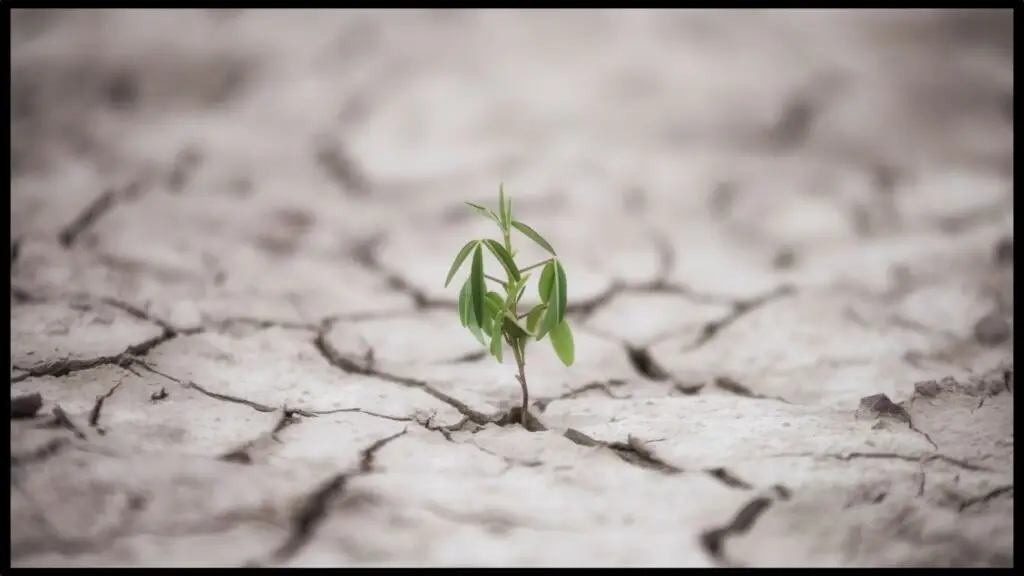All of us experience major disruptions at certain points in our lives. In fact, this is an expected and predictable hallmark of the human condition. For some, these hard times come frequently – the impact of the trauma is overwhelming and recovery, if it comes at all, can be painfully slow. Others show resilience and are able to glide through these times fairly easily, bouncing back to a normal life again quickly. Resilience – the strength required to adapt to change – lies at the heart of mental and emotional health.
Research studies in recent years have focused on the struggles faced by those who have been emotionally, sexually, and physically abused as children, as well as those who have grown up with learning disabilities and attention deficit disorders. They share in common many of the characteristics of those who have endured traumas later in life, such as war, the loss of a loved one, natural disasters, financial catastrophes, or a major illness. What has been most interesting in these studies is the finding that some traumatized people – both those with childhood abuse and other challenges, as well as those who experienced life disruptions in adulthood – suffer virtually no ill effects from the trauma. In fact, in many cases they seem to have grown stronger and led more integrated lives. This unexpected finding has guided researchers to explore the nature of resilience.

The normal life cycle contains predictable periods of life disruption. For example, when we move from childhood to adolescence, everything we had previously known about the world goes through a jarring transformation. During this period of life disorganization, our bodies go through tremendous hormonal and developmental changes, our definitions of other people change, our motives and interests change, we learn how to define ourselves as individuals with autonomy, and we expand our range of social relationships. Similar stages of disruption occur when the adolescent moves into young adulthood, and then into a permanent relationship, possible parenting, middle age, and then retirement and aging. These periods of transformation can induce potent emotional reactions such as depression, anxiety, loneliness, and anger. Those who lack resilience find these changes to be a struggle. Others welcome the changes and move through the transformations easily and naturally.
Other periods of disruption can be caused by unexpected events that turn life upside down. An automobile accident, an illness, the death of a loved one, divorce, national tragedies, acts of terrorism, war, natural disasters such as floods or hurricanes, the loss of employment, and financial upheavals can challenge our ability to cope. Any of these can become “make or break” situations, depending on the degree to which resilience comes into play.
We all have the capacity to reorganize our lives after a disruption and to achieve new levels of order and meaningfulness if we know how to activate our resilience. In fact, in order to mature through the process of meaningful change and reintegration, we may need to experience life disruptions. In other words, life disruptions are not necessarily a bad thing because they help us to grow and to meet future challenges in our lives. During the depths of chaos we are vulnerable because we do not know what lies ahead – but as we learn and adapt during the chaos, we prepare ourselves to meet further stresses in the future. The failure to pass successfully through any cycle of chaos and stress may leave us crippled with regard to future life disruptions.

